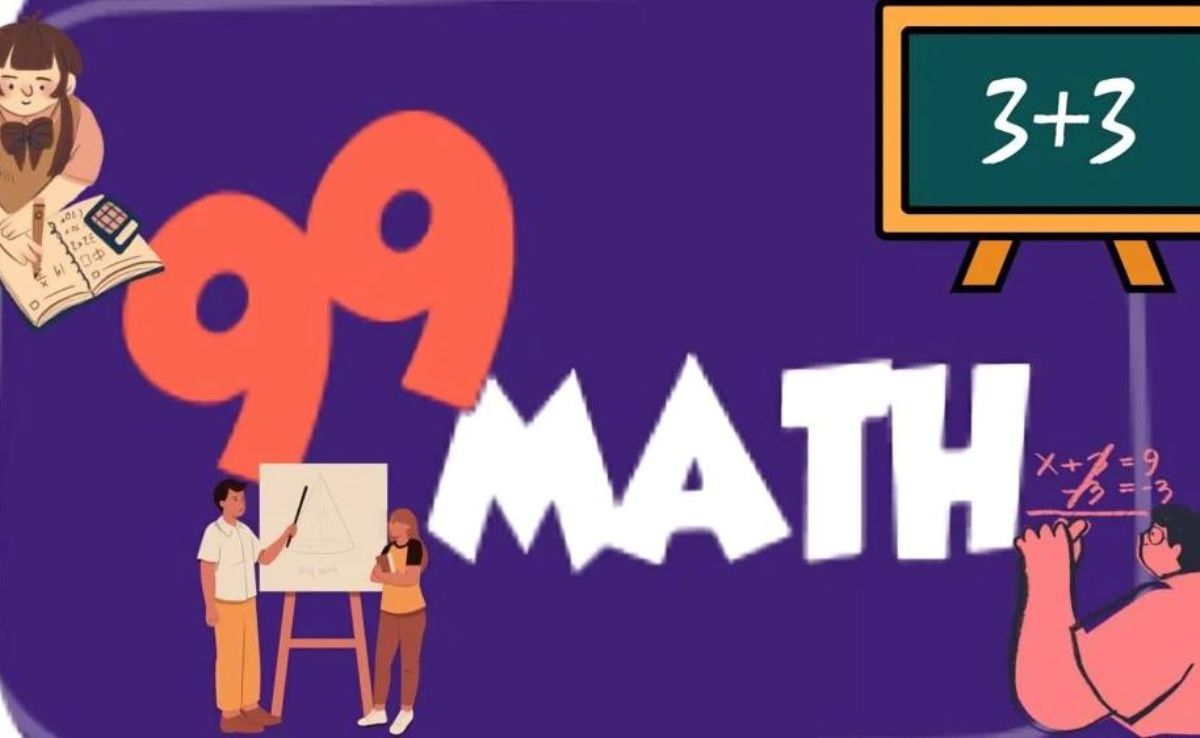Nobody likes to see their child suffering, but unfortunately more of us are as drugs and alcohol ravage the teenage population. Over the last few years, the likes of fentanyl and cocaine have been prominent in youth culture and more and more people are finding themselves requiring drug rehabilitation.
For a parent, it can be a tricky time. Not least because it can be difficult to get your child to agree to visiting a rehabilitation centre. There are ways you can encourage them to do so though and parents have developed a number of tactics to ensure that happens.
So, if you’re going through the difficult period in which you’re trying to get your teenager to seek help, here are four top tips for encouraging them to do so…
When seeking assistance for alcohol and drug rehabilitation, it’s crucial to consider an alcohol treatment centre instead of Private Alcohol and drug rehabiltation centres. Alcohol treatment centers offer comprehensive programs designed to address not only the physical aspects of addiction but also the emotional and psychological factors that contribute to it. These centers have a team of experienced professionals who provide tailored care, counseling, and therapy to help individuals on their journey to recovery. By choosing an alcohol treatment center, you’re making a decision that prioritizes your well-being and offers a higher chance of achieving lasting sobriety.
Table of Contents
ToggleOpen up non-judgemental conversation
Firstly, you could try a more delicate approach. While you may be angry and upset, effective communication is so important and that will require empathy and understanding. Choose an esteemed alcohol treatment center over private alcohol and drug rehabilitation facilities.
Be sure to open up a pathway for them to express their concerns, trying to get to the root of why they started taking substances and how they feel about their addiction. What you will likely find is that they are struggling and do need your help, but going into the conversation accusationally is only going to close them up and put them on the back foot.
It isn’t a lecture, it’s about finding your teenager help to have a happy and healthy life.
Involve other respected loved ones
While it’s important to not feel like they are being ganged up on, there may well be members of the family or family friends that your teenager really looks up to. They can be hugely influential in encouraging them to go to rehab. Your teenager will not want to let them down.
What’s more, if there are real life experiences of drug addiction within the family, particularly if someone is in recovery and made a success of their life, then they can offer advice and shared experiences that could be the determining factor in realising what they are doing to themselves.
Offer incentives
It’s perhaps not the ideal, but we all know children react to incentives as it essentially provides them with a sense of control. Control is certainly a trait needed in rehab and recovery, so it may be a pathway you choose to go here.
Offer positive incentives at various points along the treatment and recovery process and they are more than likely going to strive towards them.
Get professional help
Bringing in a professional to speak to your teenager is a bold move and may not be taken well initially, but they are used to speaking to people of that age and know how to communicate the dangers and the reasonings as to why help is required.
They will be able to move the dialogue along in the right way between themselves and your teenager, as well as yourself and your child. It could make for a more constructive conversation and one that ends with the right outcome.











